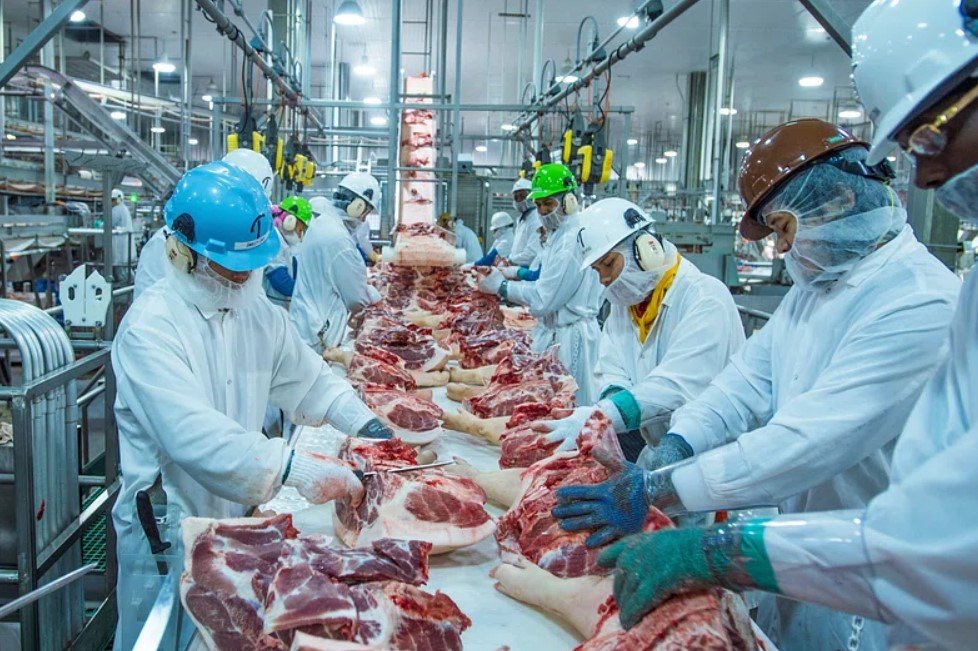In a bold move that underscores the evolving dynamics of the American workforce, Tyson Foods has announced plans to hire over 40,000 immigrants to bolster its labor-manufacturing jobs. This initiative comes at a time when the company is navigating the complexities of a changing economic landscape and addressing the critical need for a stable and dedicated workforce.
A Strategic Response to Workforce Challenges
Tyson Foods’ decision to tap into the immigrant labor pool is a strategic response to the persistent challenges of staffing its manufacturing plants. The company recognizes the value of a diverse workforce and the unique strengths that immigrants bring to the table, including loyalty, resilience, and a strong work ethic.
The move is not without controversy, however. Tyson Foods has faced scrutiny over its hiring practices and has taken steps to clarify its position, emphasizing its commitment to legal employment and adherence to government programs designed to prevent unlawful hiring. Despite these assurances, the company’s aggressive hiring target has sparked a broader conversation about the role of immigrant labor in America’s industrial sectors.

The Economic and Social Implications
Tyson Foods’ hiring initiative has significant economic and social implications. On one hand, it presents an opportunity for thousands of immigrants seeking stability and employment. On the other, it raises questions about the long-term impact on local communities and the potential for wage and working condition disparities.
The company’s approach also reflects a growing trend among large corporations to address labor shortages through targeted recruitment efforts. By focusing on immigrant workers, Tyson Foods is not only filling vacancies but also contributing to the integration of immigrants into the fabric of American society.
Looking Ahead: Tyson Foods and the Future of Labor
As Tyson Foods embarks on this ambitious hiring journey, the eyes of the nation are on the outcomes of this policy. Will it serve as a model for other companies facing similar workforce dilemmas? How will it shape the conversation around immigration and employment in the United States?
The answers to these questions will unfold in the coming years, but one thing is clear: Tyson Foods is charting a new course in the realm of labor-manufacturing jobs, one that could redefine the American workforce for generations to come.

